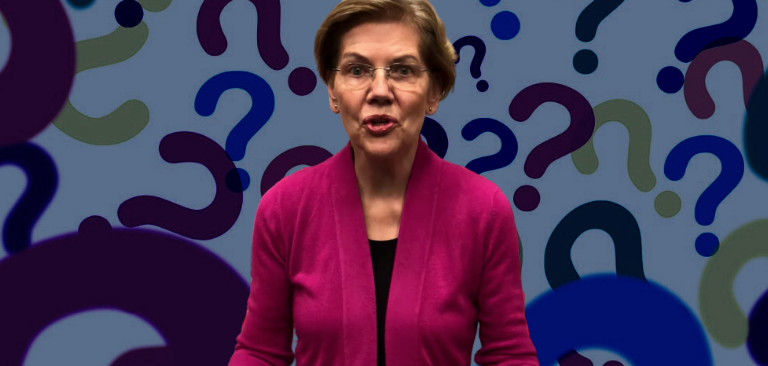After an article published by the Washington Examiner was flagged as false via Facebook’s fact-checking system, but later reinstated, Senators Elizabeth Warren, Sheldon Whitehouse, Tom Carper, and Brian Schatz demanded the social network given them a detailed explanation of the criteria for an item to be verified by fact-checkers.
One problem that Facebook has always faced with politicians is the way it moderates content on the platform. It already happened during the United States presidential elections, when they were accused of having allowed the manipulation of public opinion by not eliminating “fake news.”
With the COVID-19 outbreak, the social network has been much more strict, trying to eliminate everything that does not come from unofficial sources. By cooperating with external fact-checking companies, Facebook is now able to label the news as “fake” using a tag that alerts users.
However, some senators say that the platform is arbitrarily selecting the content they moderate, so they are demanding its CEO, Mark Zuckerberg, explain what criteria they use to determine the articles to be reviewed.
In a letter, the senators asked Zuckerberg to fix a “loophole” in the fact-checking system that allows information to be published without fact-checking as long as is it presented as an opinion.
The most recent case of this type is about an article that questions the credibility of climate change models. The article, published by the Washington Examiner, was labeled false by Science Feedback fact-checkers.
Due to data provided by five expert scientists on the subject, the company determined that the article had “very low” scientific credibility. However, a short time later, the tag was removed by the platform, indicating that Science Feedback had made a mistake since that article was not eligible to be moderated because it was just the authors’ opinion.
Senators Elizabeth Warren, Sheldon Whitehouse, Tom Carper, and Brian Schatz view this case with concern. In the letter, they suggest that climate change is not a matter of opinion, but of facts, so any dissenting opinions must be corrected.
From the letter:
“A press report from June 2020 indicated that Facebook’s fact-checking process allowed climate denial to be categorized as ‘opinion,’ creating a loophole in its factchecking process. Is this report correct? If so, how was the decision made to categorize false information about climate change as ‘opinion,’ and who was involved in this decision?
Please provide a list of each issue that has been categorized as ‘opinion.’ For each such issue, please indicate the process by which the categorization was made, including the name and affiliation of any entity requesting that such a categorization be made and the manner in which Facebook evaluated the request. Do you believe that allowing false information on the climate crisis to spread unchallenged on your platform provides weight to efforts to deny climate science? What other scientific issues are treated in this fashion by Facebook?”
Read the full letter here.



